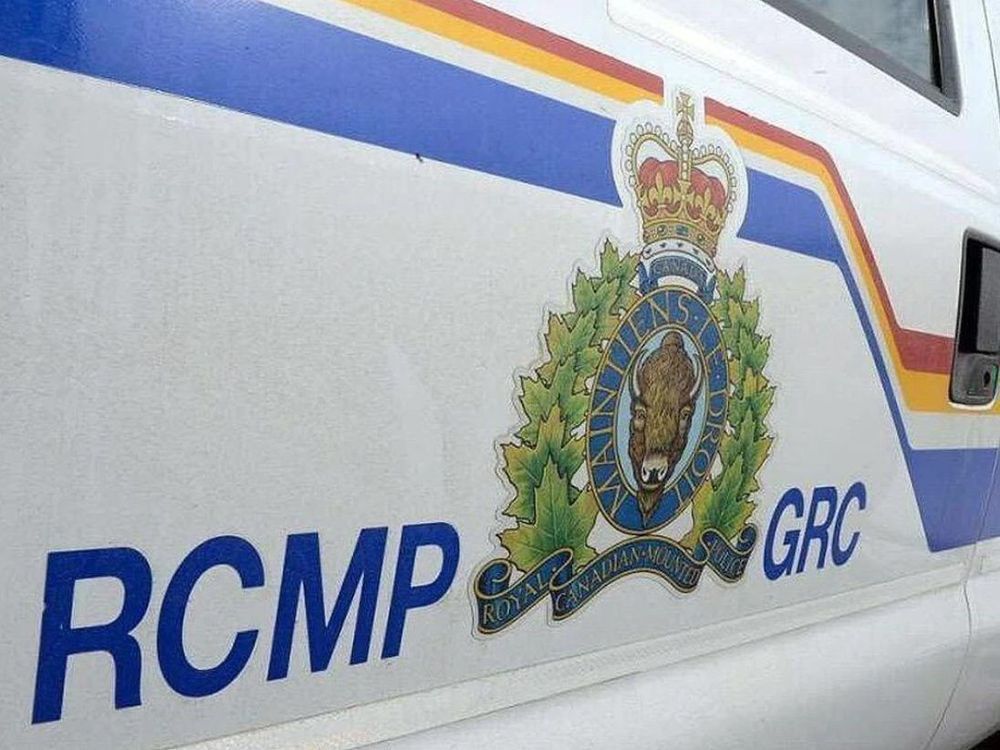Unjust Laws
Over the past 25 years, the U.S. has developed a pernicious system of sexual offense laws, including increased sentences and public registries of offenders. Based largely on unfounded hysteria surrounding a tiny fraction of high-profile cases, these laws today are a tangled mess and cause considerable injustice. The problems are caused in large measure by lawmakers’ desires to seem tough on crime and their lack of knowledge about the facts.
There is a very broad brush applied to the term “sex offender.” Most, in fact, are not people who have harmed a child or even attempted to harm a child. Being caught urinating behind a bush can land you as a “sex offender,” branded for life. And a steadily increasing proportion are people caught viewing illegal pictures on the internet.
These laws are especially harsh: In Delaware, a conviction for looking at one picture carries a mandatory sentence of two years. Prosecutors charge 25 counts, whether the number of photos found was 25 or 2,500, to force “plea bargains.” Few will risk going to trial facing 50 years in prison, on charges relatively easy to prove. These people need counseling, to be sure, but they do not need to be in prison. There is virtually no evidence that looking at pictures leads to inappropriate conduct.
Of course, it is much easier to find people looking at pictures than it is to prosecute those who are harming children; Ken Abraham knows from his experience as a prosecutor that it is almost impossible to find those who take the pictures of those kids! Therein is the problem: prosecutors do what is easy to build the number of convictions, so they can say they are protecting the public, when in fact, they are not really increasing public safety.



Great article. There is some sanity out there.
⛦⛦⛦ Excellent article about what Illinois is doing to reassess their sex offender laws. Hopefully, the Illinois legislature will begin to implement these recommendations including the most important one at the end of the article: Eliminate public notifications and public registries. ⛦⛦⛦